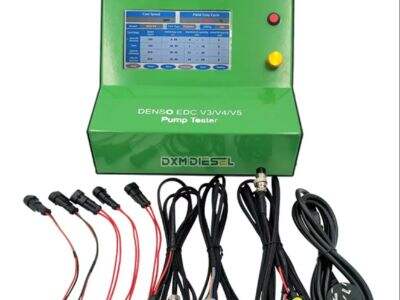Marine fuel lines are more complicated than those in cars. There are significant ideas why marine fuel lines are different. Let's take a look at what sets marine fuel lines apart from those used in cars.
Construction and Materials:
Marine fuel lines are designed to withstand the tough conditions of the sea. They're typically built from a durable material such as stainless steel or a type of plastic that doesn’t rust. This is what helps them hold up better in saltwater. By contrast, car fuel line are frequently constructed with cheaper materials that may not hold up as well in water.
Corrosion Resistance:
A major issue for marine fuel lines is rust. Metal fuel lines can rust and become weak over time, when exposed to saltwater. That’s why DXM marine fuel lines are built with materials that fight off rust, to keep strong even in saltwater. Car fuel injection fuel line, of course, don’t see as much salt, so they might not be as resistant to rust.
Fuel Isolation and Additives:
Marine engines frequently do not run on the same fuels as cars. Additional additives such as ethanol or biodiesel may be present in marine fuel. These might affect fuel lines differently than gasoline sold at the pump for cars. DXM e85 fuel line for marine engine are designed to work well with a wide variety of fuel and additives, operate well and last long. Automobile fuel lines may not be as good at managing these variations.
Environmental Factors:
The ocean can eat fuel lines. What with big waves or very hot or very cold temperatures, marine fuel lines must be sturdy. DXM marine fuel lines are manufactured to endure such problems and make sure your boat is still running smoothly whatever the weather. Car fuel lines are not subjected to as many harsh conditions, so they may not be as tough in the ocean.
Regulation; Compliance Requirements:
Rules for marine fuel systems are strict to ensure the safety of the system and the environment. DXM marine fuel lines are engineered to comply with these regulations, so you can have confidence that your boat is up to code. Not all automobile fuel systems may necessarily have to adhere to such stringent guidelines.
 EN
EN
 AR
AR
 PT
PT
 RU
RU
 ES
ES
 ID
ID
 TH
TH
 MS
MS



